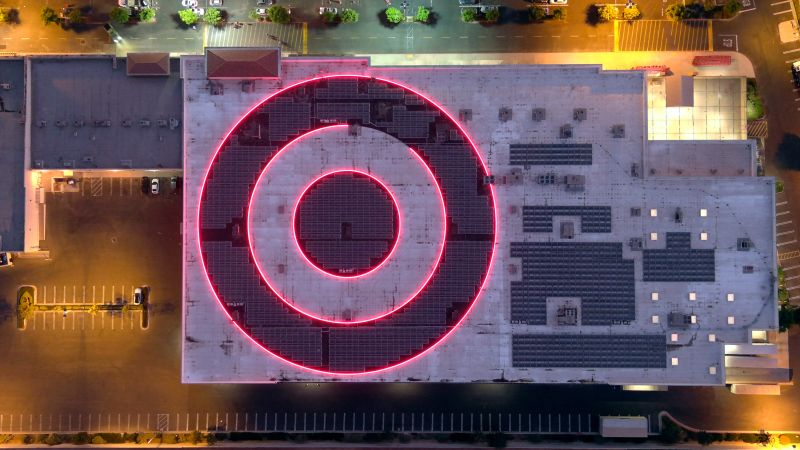Arriving on an overnight train from Poland because Ukraine’s airports remain shuttered by the war, Austin was greeted by Bridget Brink, Washington’s ambassador in Kyiv.
Like other visits by senior U.S. officials, his trip was not announced until he arrived for security reasons.
President Biden faces growing challenges in mustering political backing, especially among Republicans in the House, for sustaining the massive levels of support that has helped Ukraine hold back Russia’s invading forces.
House Republicans stripped from a temporary spending bill in September billions in new aid for Ukraine proposed by Biden. And last week, Congress passed another temporary spending measure, also without new aid for Ukraine or for Israel.
The United States has been Ukraine’s largest single backer in its defense against Russia, providing more than $40 billion in security aid.
Austin’s trip is also intended to signal that American support will not be undermined by Israel’s war with Hamas militants in the Gaza Strip. The Pentagon has rushed Israeli forces weapons and other military supplies in the wake of Hamas’ Oct. 7 attack into Israel.
But in recent weeks, global attention has shifted heavily to the Middle East conflict, and anxiety has been growing in Kyiv about the challenges of maintaining Western support and also the prospect that some backers may try to force Zelensky into negotiations with Moscow.
Zelensky and other top Ukrainian officials are adamant that any territorial concessions to Russian President Vladimir Putin would merely reward his military aggression, undermine international law and endanger the United States’ NATO allies, especially on the eastern flank — while not providing any reliable guarantee of future peace.
U.S. lawmakers have voiced strong bipartisan support for Israel but are more divided over future aid to Ukraine.
The Biden administration has proposed over $60 billion in additional aid to Ukraine, along with about $14 billion in funding for Israel, as part of a massive supplemental package, but House Speaker Mike Johnson (R-La.) has resisted joint action on the two conflicts. Johnson has sought to split the proposals and tie assistance to Israel to huge cuts for the Internal Revenue Service.
Pentagon officials have said they are now “metering out” Ukraine assistance as the stockpile of available funds dwindles. Kyiv also relies on U.S. help for its government budget in addition to weapons supplies and other military support.
In an opinion piece in The Washington Post last week, Biden argued that instability in Europe would eventually draw in the United States, as it had in the past.
“That’s why our commitment to Ukraine today is an investment in our own security,” the president wrote. “It prevents a broader conflict tomorrow.”
Despite the growing challenges, officials traveling with Austin said the United States would be able to continue sending aid, including longer-range weapons and artillery ammunition, which have emerged as a cornerstone of Ukraine’s military strategy, “for some time” at least.
“These are two militaries facing two different kinds of fights,” a senior defense official told reporters ahead of Austin’s arrival in Kyiv, regarding the joint demands from Israel and Ukraine. “There is some overlap,” the official said, speaking on the condition of anonymity to discuss sensitive security matters. “But where there is overlap in certain kinds of ammunition … there is no reduction in provision of capabilities.”
Pentagon officials are also hoping to learn more during their visit from Ukrainian leaders about how their strategy against Russia will evolve now that winter is setting in, marking a potential turning point in a counteroffensive that has failed to achieve hoped-for gains in recapturing territory occupied by Russia.
U.S. officials said they expect Russia to use the winter to regroup its forces and conduct strikes on Ukrainian power plants and other civilian infrastructure, as it did last winter.



